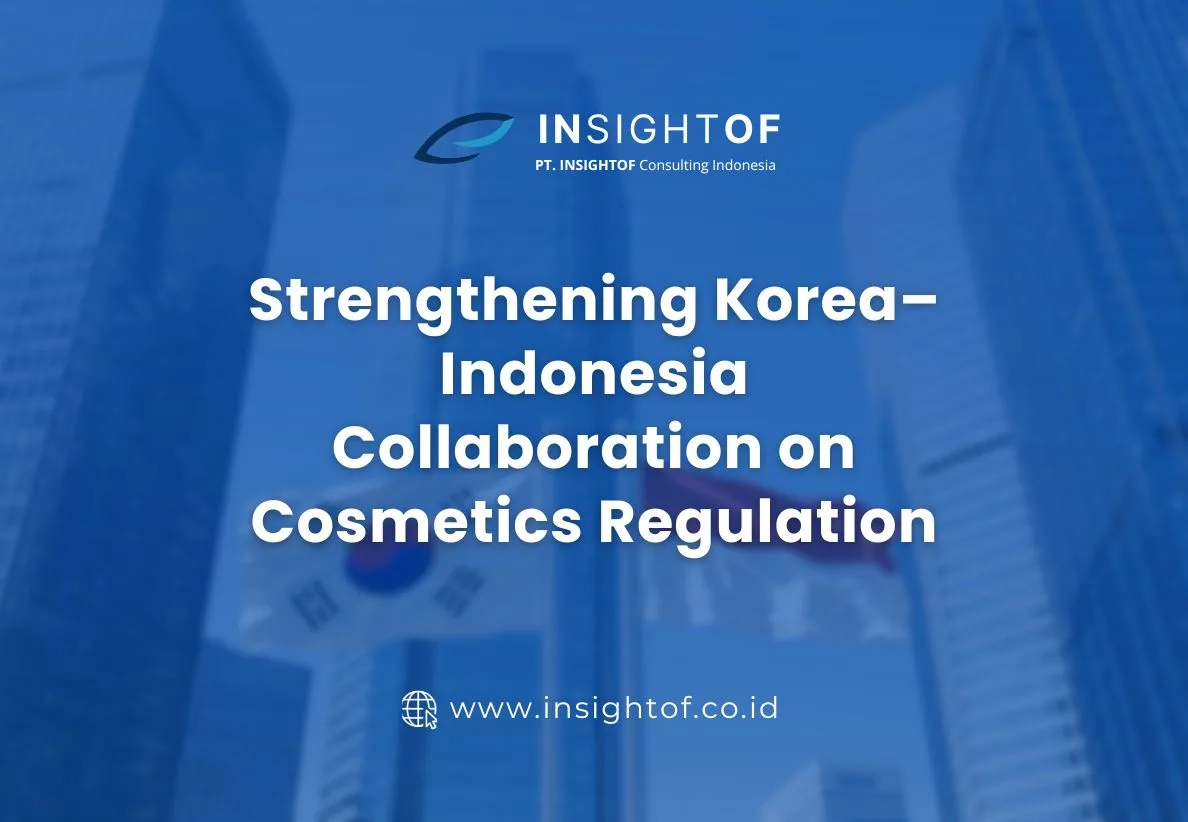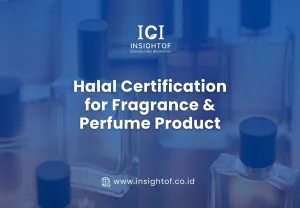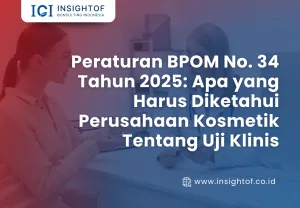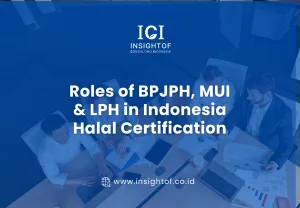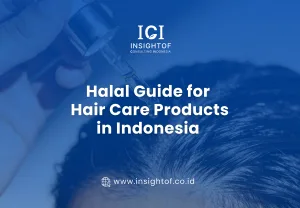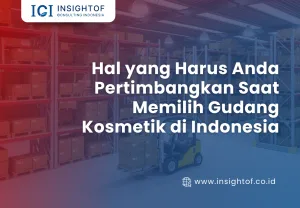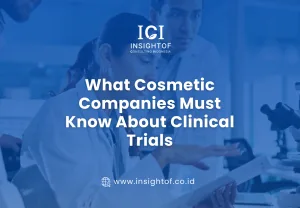The cosmetics industry in Asia continues to grow rapidly, with Korea and Indonesia emerging as two of the most dynamic markets. To address regulatory challenges and ensure consumer safety, the Ministry of Food and Drug Safety (MFDS) of Korea and Indonesia’s National Agency of Drug and Food Control (BPOM) held an international webinar on cosmetics regulation on September 4, 2025.
The event brought together regulators, industry representatives, and experts from multiple countries. It highlighted differences in regulatory frameworks while exploring opportunities for collaboration.


Image Source: BPOM RI
Key Takeaways from Korea’s Cosmetics Regulatory Framework
Speakers from MFDS provided an overview of how cosmetics are defined and regulated in Korea.
- Broader definition of cosmetics: Unlike in the U.S., where soap is not categorized as a cosmetic, Korea still regulates soap under cosmetics law.
- Functional cosmetics require clinical testing: Whitening, anti-wrinkle, sunscreen, acne care, and hair loss prevention products must undergo scientific safety and efficacy testing. This includes internationally recognized clinical trials.
- Negative list system: Since 2012, Korea has applied a negative list approach. This means all ingredients can be used unless specifically banned or restricted. Currently, more than 1,000 ingredients are prohibited, while hundreds of others (preservatives, UV filters, hair straighteners, etc.) are limited in concentration.
- Strict safety standards: Korea regulates heavy metal contamination, formaldehyde levels, and microbiological content to ensure consumer protection.
Indonesia’s Rapidly Growing Cosmetics Market
Indonesia’s cosmetics market is forecasted to reach USD 9.74 billion in 2025. It is expected to exceed USD 12 billion by 2030, according to BPOM Deputy II, Mohamad Kashuri.
Key growth drivers include:
- Rising consumer awareness of beauty and self-care
- A young, digitally savvy demographic
- Strong expansion of local cosmetic brands
- Increasing demand for halal-certified products
However, Kashuri also emphasized that rapid growth presents regulatory challenges. Short product lifecycles, multifunctional cosmetics, and natural-based formulations require stronger oversight to maintain safety and compliance.
The Notification System in Indonesia
Since the ASEAN Cosmetics Harmonization in 2011, Indonesia has shifted from a registration system to a notification scheme.
- Companies must ensure their products meet safety standards before marketing.
- A notification number (NIE) is valid for three years and renewable as long as the composition remains unchanged.
- Processing time is relatively fast: around 3 working days for perfumes and 14 days for non-perfume cosmetics.
BPOM Director Dian Putri Anggraweni clarified that products claiming to prevent or treat diseases, or with pharmacological or immunological effects, cannot be classified as cosmetics.
Importance of Product Information File (PIF) and Safety Assessor
Randi Hari Putra from BPOM highlighted the importance of the Product Information File (PIF). It is part of Indonesia’s and ASEAN’s notification system.
- The PIF must always be available for regulatory audits.
- It contains essential documentation on the product’s safety, quality, and efficacy.
- Every company must appoint a qualified safety assessor responsible for pre- and post-market product safety evaluation.
The safety assessor should have scientific training in cosmetic safety. Or they must have, at minimum, two years of professional experience in the cosmetics sector.
Why This Matters for the Cosmetics Industry
The webinar underscored the importance of regulatory cooperation between Korea and Indonesia. With Korean cosmetics dominating a large portion of the Indonesian market, aligning regulatory understanding helps ensure smoother market entry. It also protects consumers.
For local Indonesian brands, BPOM’s participation reaffirms its commitment. It ensures safety standards and boosts the global competitiveness of domestic products.
Key Insights for Exporters and Local Brands
- Always check the latest BPOM and MFDS regulations before launching products.
- Ensure compliance with the negative list and ingredient safety standards.
- Prepare and maintain a complete Product Information File (PIF).
- Work with a qualified safety assessor for safety validation.
- For halal markets, integrate halal certification early in product development.
📌 Source: Adapted from BPOM RI, Biro Kerja Sama dan Hubungan Masyarakat

